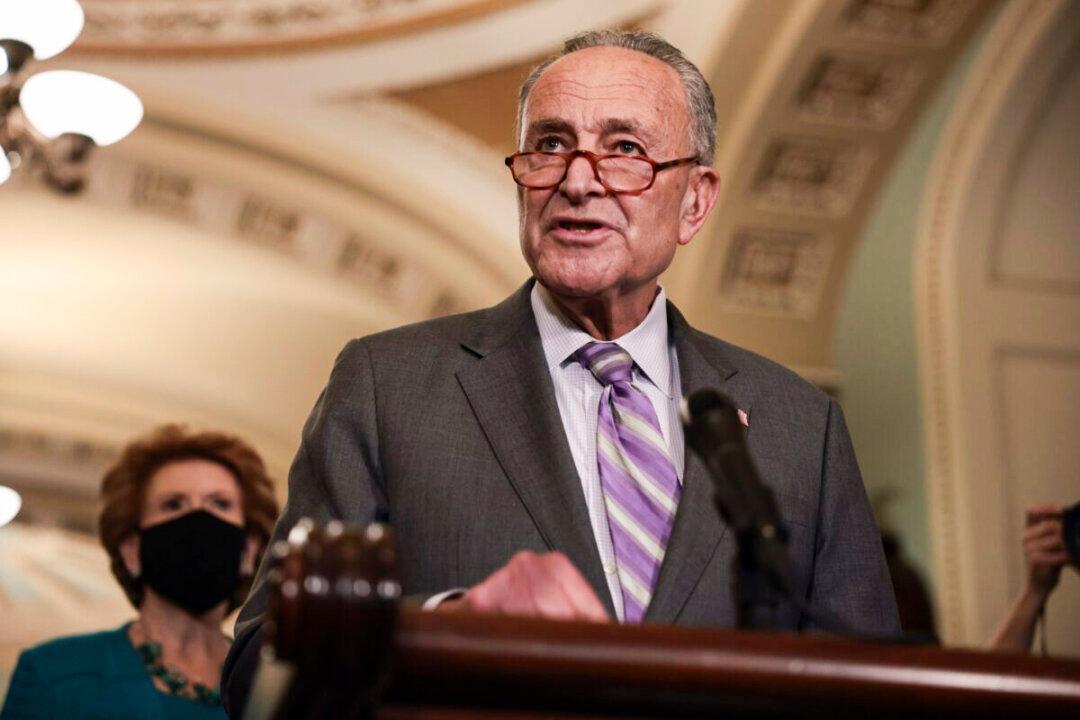The White House and congressional Democratic leaders have confirmed that the party will be taking another run at passing a spending bill under the reconciliation process after their first package, the Build Back Better Act (BBB), failed to win enough support in the Senate.
After months of negotiations between Democrats in the House and Senate, and the White House, the BBB was killed when Sen. Joe Manchin (D-W.Va.), citing concerns over continuing inflation, said that he could not support the package.





